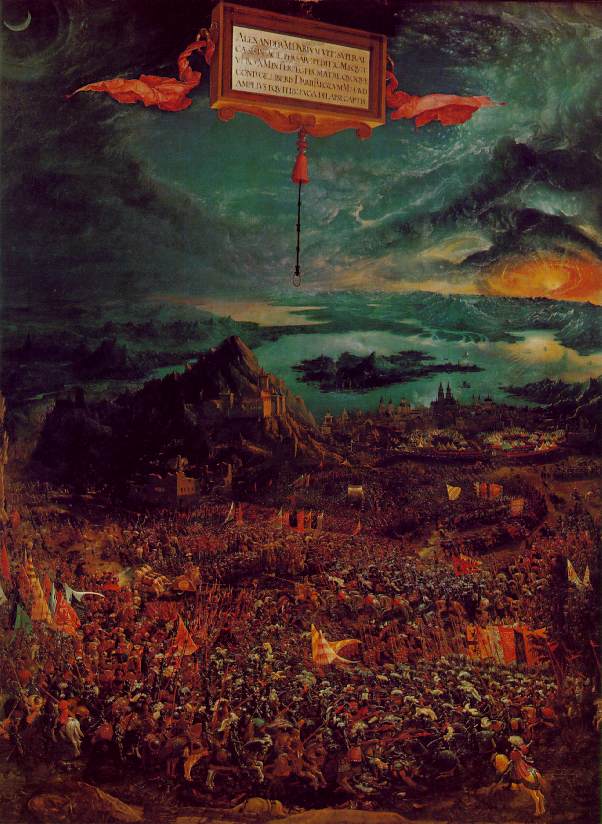The first, last, and only movie I can ever recall watching on laser disc was Star Wars: The Empire Strikes Back. It was at my neighbours, a nice Italian family whose vegetable garden filled their entire yard with large corn stalks and running cucumber vines and eggplant. This was in Bangor, Maine and at the time I was probably about 8 years old, give or take. This rust bucket of a brain doesn't seem to distinguish those older years quite like it used to. Something about time moving faster the more you live it, so I'm told.

What I do remember, however, is the first opening scenes where Han Solo slices open the gut of a taun-taun and stuffs Luke inside in order to keep him from freezing to death. I guess that's why it got a PG rating "
for sci-fi action violence". To me, as a little kid, it wasn't exactly scary or nightmare-enducing or otherwise creepy-crawly but the stunt nevertheless left an impression on me. The first ernest thoughts about special effects I ever had, perhaps, and definitely something that got me thinking about perspective and the reach of knowledge - in many ways it only reaches as far as your perspective can see.
Further on, the Stay Puft duder from Ghostbusters made for another round of thinking and mulling over of ideas. Presenting an entire city scared to riotous panic because of a giant doll.. Um, righttt. But it wasn't the cheesy effects are bad gag jokes that did it. It was the possibility that groups of people act, in many ways, as a collective. A giant brain with many neurons that are, while disconnected, still somehow in touch with eachother. Sit on a plane with 100 other people in turbulence and the collective wincing is almost palpable.

So really, is it any wonder that in a day and age of increasing technology, ever-widening economic gaps, slowly dwindling resources, and extreme political activism that we get these things that we cringe at on tv ever day: Iraq, North Korea, Venezuela, Iran, Lebanon, Isreal, Afghanistan..
Technology is increasing people's ability to connect in increasingly simpler and cheaper ways (through mobile phones, internet email, social forums, etc) and in more directed ways - with the people they specifically want to connect with. Perspective becomes inwardly directed and no wonder we can't
all just get along.
So is this the
fourth generation war as some would have us believe? It may be far more simpler than that. Speaking from my own limited historical knowledge and to present a simple counter-point, in the 1700's the minutemen resorted to untraditional attack methods, being far outnumbered by the british. Are we to believe the American revolutionists were more or better organized than the Hezbollah (with rumored Iranian-backing)? Probably not. What of the Palestinians attempts to reaquire a nation-state for the last 57 years? What of the Free Papua Movement, sick of Indonesian government control since the 1960's?
I suspect that different groups of peoples have, do, and always will disagree on trivialities such as human rights, regional borders, and other sundries. I jest, but my point is made. Labels, hilosophies, and
paradigm shifts be as they may, we are as barbaric now as we ever have been and probably ever will be. Other than some sci-fi cataclysm of soylent green proportions, we have probably reached, breached, re-established, and come to reign atop our mountain of barbarity - kings, we are, all of us - as sick and twisted as the praying mantis or any other natural being which suffers it's self against others.
Utopia, we hardly knew ye.

 This work is licensed under a Creative Commons Attribution-NonCommercial-ShareAlike 2.5 License.
the guys: philogynist jaime tony - the gals:raymi raspil
This work is licensed under a Creative Commons Attribution-NonCommercial-ShareAlike 2.5 License.
the guys: philogynist jaime tony - the gals:raymi raspil

 This work is licensed under a Creative Commons Attribution-NonCommercial-ShareAlike 2.5 License.
the guys: philogynist jaime tony - the gals:raymi raspil
This work is licensed under a Creative Commons Attribution-NonCommercial-ShareAlike 2.5 License.
the guys: philogynist jaime tony - the gals:raymi raspil